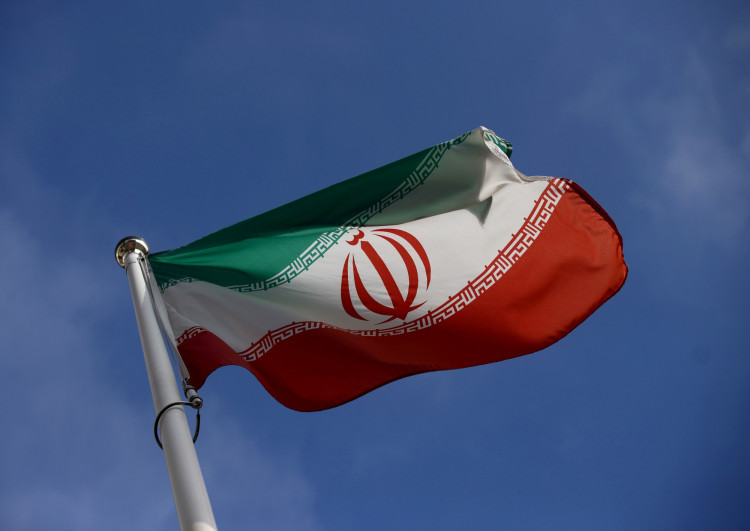Iran on Friday rejected renewed calls from the United States to begin negotiations, demanding an immediate and unconditional halt to Israeli airstrikes before any ceasefire discussions can be considered. The statements from both Iranian President Masoud Pezeshkian and Foreign Minister Abbas Araghchi come amid a sharp escalation in regional violence.
"We have always pursued peace and stability," Pezeshkian said in a statement reported by Iranian state media. "Under the current circumstances, lasting peace will only be possible if the Zionist enemy ceases its hostilities and provides firm guarantees to end its terrorist provocations." He warned that failure to de-escalate would "result in a far more forceful and regrettable response from Iran."
Foreign Minister Araghchi said in a televised interview that Iran had received multiple "serious" messages from the United States seeking negotiations. "We are not ready to engage in negotiations with any side while the Israeli aggression continues," he said.
"We told the Americans clearly: as long as the attacks persist, there can be no negotiations. We are exercising our legitimate right to self-defense," Araghchi added.
Araghchi also made clear that Iran's missile program would not be up for discussion. "We have no negotiations with anyone about our missile programme," he said. "No rational mind would accept entering talks over its own defense capabilities."
Hostilities began last Friday when Israeli airstrikes targeted Iranian military and nuclear facilities, prompting a wave of retaliatory attacks from Tehran. Israeli officials say at least 25 people have been killed and hundreds injured in Iranian missile attacks. Iranian media reports more than 639 people killed and over 1,300 wounded due to Israeli strikes.
The escalating conflict led to the cancellation of a planned sixth round of indirect U.S.-Iran nuclear negotiations, originally scheduled for June 15 in Oman. Iran withdrew from the talks after the first wave of Israeli airstrikes.
Despite ruling out discussions with Washington, Araghchi confirmed that Iran will continue diplomatic engagement with European powers. He is scheduled to meet later Friday in Geneva with the foreign ministers of the U.K., France, and Germany, along with EU foreign policy chief Kaja Kallas.
"Our discussions in Geneva are narrowly focused. The missile program is off the table-it is a cornerstone of our national defense," Araghchi said.
He reiterated that Iranian missile strikes were "exceptional, defensive, and precisely targeted," and stated: "Our armed forces target only military and economic centres, never residential areas, hospitals, or civilian buildings."
President Pezeshkian also issued a warning in a post written in Farsi on X, stating that unless Israel halts its aggression, Iran's next response would be harsher and would cause Israel to regret its actions.






